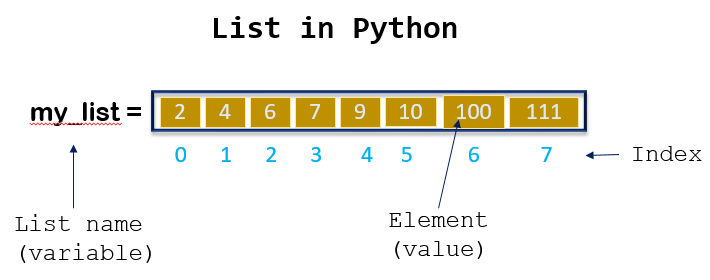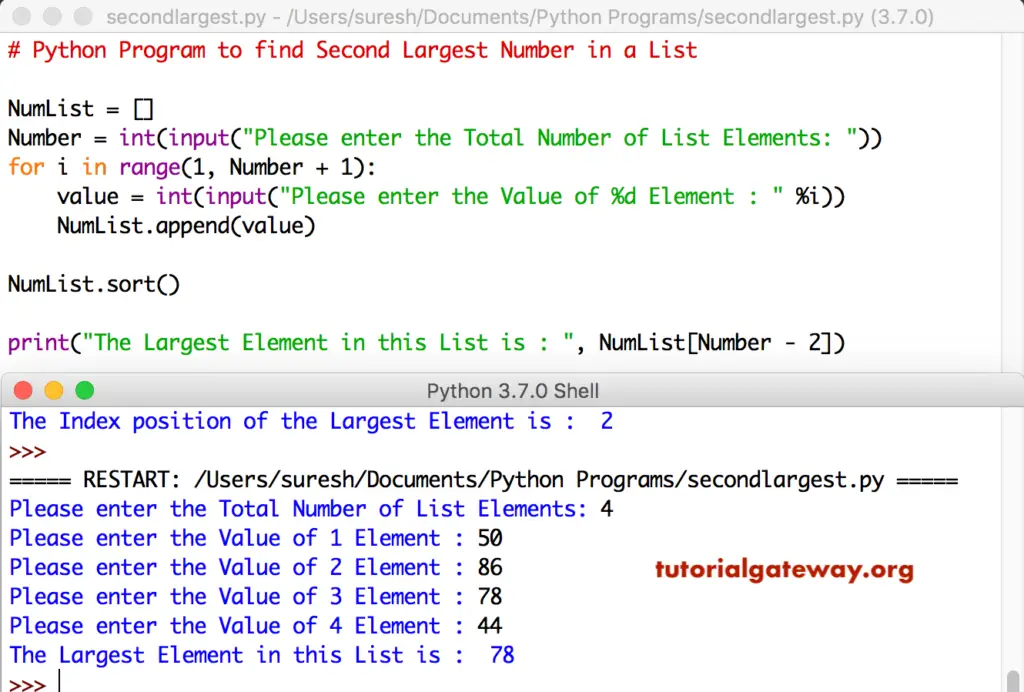

This function returns an enumerate object, which is an iterator that yields pairs of values. The start index defaults to 0 if not specified. The enumerate() function is a built-in function that takes a list and an optional start index as arguments. The enumerate function returns an iterator that yields pairs of (index, value) for each item in the sequence.Ģ cherry Using Enumerate() On a List With the Start Index The function takes two arguments: the sequence to be iterated over, and the starting value for the enumeration.īy default, the starting value is 0, but it can be specified as a keyword argument. The enumerate function can be used to iterate over a sequence of items in a list, tuple, or string. The syntax for enumerate is: enumerate (iterable, start=0). And this enumerate object can then be used directly for loops or converted into a list of tuples using the list () method. It adds a counter to an iterable and returns it as an enumerate object.

This enumerate object contains a count (from the start, which always defaults to 0) and a value obtained from iterating over the iterable object. What Does Enumerate Do in Python?Įnumerate is a built-in function in python that allows you to keep track of the number of iterations (loops) in a loop. The enumerate object can be used directly for loops or converted into a list of tuples using the list() method. And this function works by adding a counter to an iterable and returning it in the form of an enumerate object. This function allows us to loop over something and have an automatic counter. Enumerate() is a built-in function of Python.


 0 kommentar(er)
0 kommentar(er)
